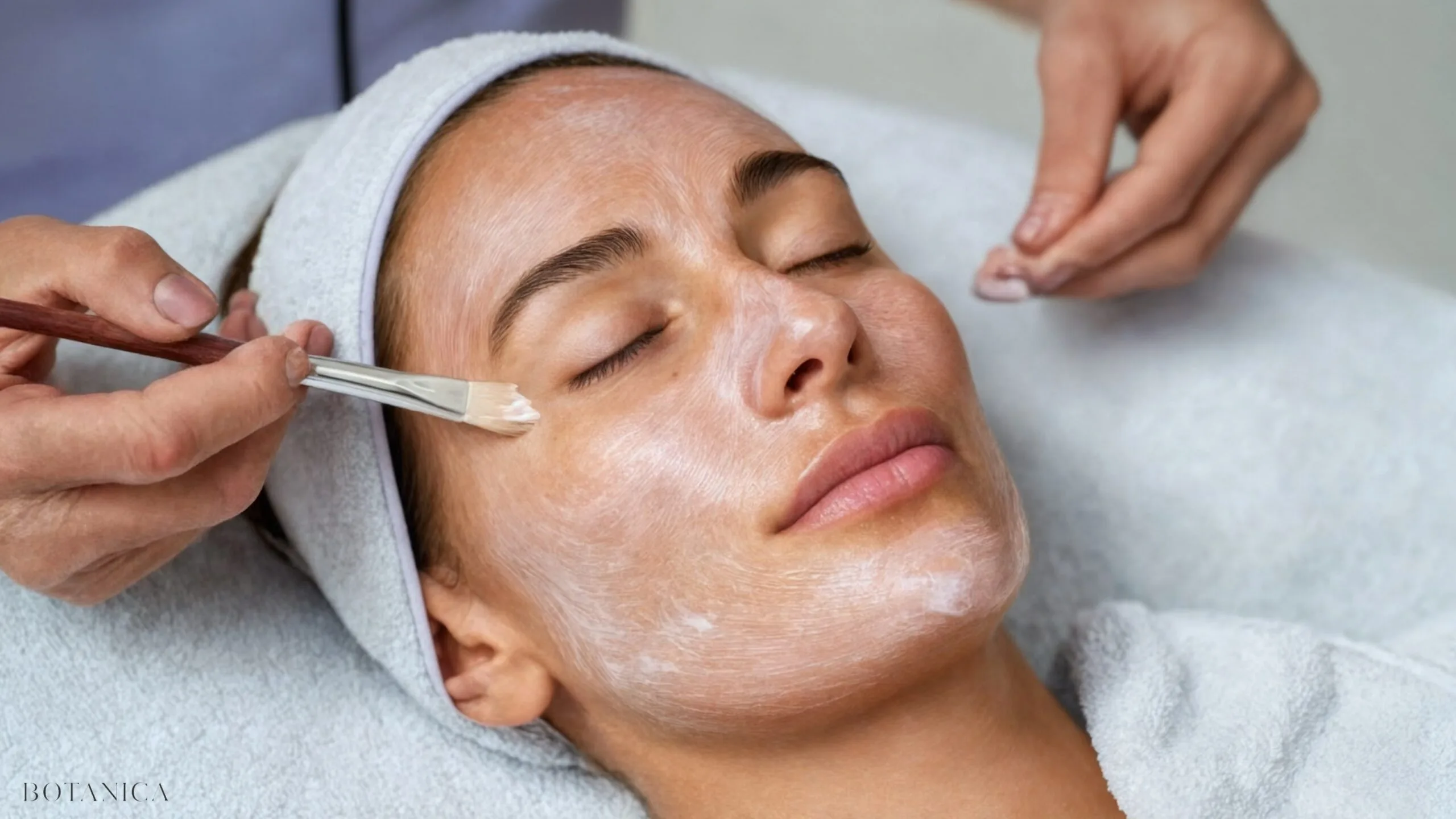
5 Essential Facts About Sunscreen
According to a study by the Centers for Disease Control and Prevention, only about fourteen percent of men and thirty percent of women in America admit to using sunscreen on a regular basis. Whatever the reason for these low numbers, they mean that many individuals are exposed to unnecessary dangers on a regular basis. Wearing sunscreen can decrease an individual’s risk of developing skin cancer, among many other things, but the solution is not as simple as just grabbing any sunscreen product. In fact, as harmful as UVA and UVB rays are, some sunscreens contain chemicals that are equally harmful. Following are five essential facts you should know about sunscreen:
1. Always use a sunscreen with an SPF of 30 or higher. SPF 30 blocks out roughly ninety-seven percent of all UV rays, while SPF 15 blocks out only about ninety-three percent of all UV rays. The more you prevent UV rays from contacting your skin, the better off you are.
2. Look for the “broad spectrum” label. Broad spectrum sunscreens protect the skin against both UVA and UVB rays, and they cannot be faked. The FDA currently mandates additional testing in order to ensure that the sunscreen formula actually protects against both types of UV rays before the brand is allowed to use “broad spectrum” on the label.
3. Regardless of what they say, no sunscreen is completely waterproof or sweatproof. Another labelling requirement is that manufacturers cannot make the claim that their sunscreen is waterproof or sweatproof, because this is simply impossible. Instead, they can state that the sunscreen is “water-resistant”, and for how long they will protect the swimming or sweating individual.
4. Reapply every two hours. Not only can sunscreen rub off or fade away after two hours, but manufacturers are not permitted to claim that their sunscreen provides continuous protection for more than two hours at a time.
5. Some sunscreens may be toxic. Take the time to check the label of your sunscreen, looking for ingredients like oxybenzone–which can enter your bloodstream and trigger allergic reactions–or retinyl palmitate–which can speed up the development of skin tumors and lesions. Look instead for sunscreens that contain zinc oxide and titanium dioxide.
Finally, remember that sunscreen is only effective for about a year from original manufacture date. So if you have sunscreen lying around from last year, toss it and get a new bottle. When it comes to your skin’s health, it is always better to be safe than sorry.
Love,
Gen



Leave a Reply